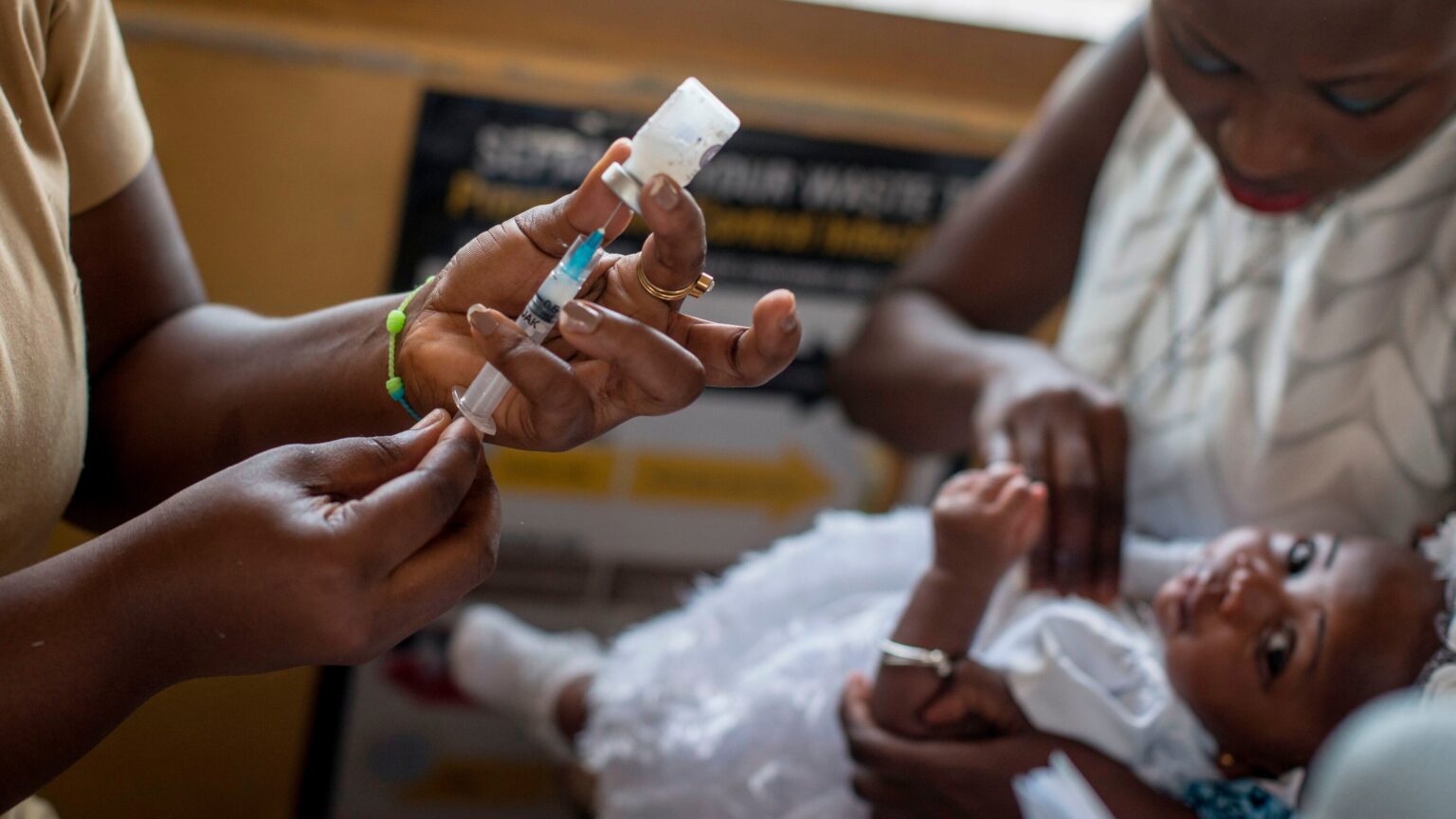By: Francisca Wematu Kaba
Efforts by the World Health Organization and country-specific governments to eliminate malaria in Africa are receiving a breakthrough, as the Malaria Vaccine Implementation Programme (MVIP) has successfully reached and protected nearly 2 million children across Ghana, Kenya, and Malawi. This MVIP initiative marks a key moment in the global fight against malaria, a disease that has long plagued these regions.
Launched with the ambitious goal of implementing the malaria vaccine at scale, the MVIP has demonstrated exceptional success, particularly in regions where malaria has long been a persistent threat.
Data from the World Health Organization, UNICEF, the Global Health Progress, and on-the-ground reports from Ghana’s Ministry of Health reveal a promising decline in the incidence of malaria among vaccinated children. The vaccine has acted as a shield, significantly lowering the number of severe malaria cases and related mortality rates in these countries.
This breakthrough is especially crucial, considering that malaria disproportionately affects children under the age of five.
Positive Impact by Country
In Ghana, the introduction of the malaria vaccine, RTS,S/AS01E, has shown tremendous promise, estimated to save tens of thousands of lives annually. A large phase 3 trial (2009-2014) revealed a remarkable 50% reduction in malaria cases within the first year after vaccination. In 2021, a tragic half a million African children succumbed to malaria, underscoring the urgency of interventions like the malaria vaccine. The ongoing pilot introduction in Ghana has reached over 1.2 million children, resulting in a substantial 40% reduction in severe malaria cases.
Kenya celebrates a significant drop (over 30%) in pediatric hospitalizations due to severe malaria since the implementation of the vaccine. More than 1.4 million children, including 400,000 in Kenya, have received the malaria vaccine in the past four years. The vaccine, acting as a vital tool alongside other interventions, has contributed to a substantial decline (over 35%) in child deaths and hospital admissions for severe malaria.
In Malawi, where malaria remains a leading cause of child illness and death, the pioneering administration of the malaria vaccine in April 2019 has made a significant impact. Over 400,000 Malawian children have received at least one dose of the malaria vaccine, resulting in a commendable reduction (around 30%) in deadly severe malaria and overall child mortality. In November 2022, Malawi announced plans to expand malaria vaccine delivery across 11 districts that participated in the successful pilot introduction.
Community Acceptance and Future Plans
The MVIP has experienced remarkable community acceptance, with demand for the malaria vaccine remaining impressively high (over 85%). Over 1.4 million children have directly benefited from the vaccine across the three pilot countries. Committed to the cause, all three pilot countries, Ghana, Kenya, and Malawi, plan to continue and expand malaria vaccination for the longer term.
Meeting Unprecedented Demand
Demand for the malaria vaccine is at an all-time high, with at least 28 African countries planning to apply for Gavi support to deploy the vaccine. Gavi’s approved exceptional time-limited co-financing approach aims to facilitate affordability, ensuring many malaria-endemic countries pay $0.20/dose. Intensive efforts are underway to rapidly increase vaccine supply and reduce costs (targeting a 20% cost reduction in the next 3 years). Additionally, a second malaria vaccine in development holds promise for further increasing supply.
Real-world Impact in Kenya and Malawi
In Kenya’s Lake-endemic region, caregivers express profound relief as the vaccine achieves an impressive over 70% reduction in reported malaria cases, bringing tangible improvements to children’s health. In Malawi, mothers like Gilimbeta celebrate the vaccine as a game-changer, preventing malaria in children and contributing significantly to their overall well-being. Healthcare workers in both countries highlight the vaccine’s instrumental role in improving overall vaccination coverage, reducing childhood illness, and providing a foundation for healthier communities.

